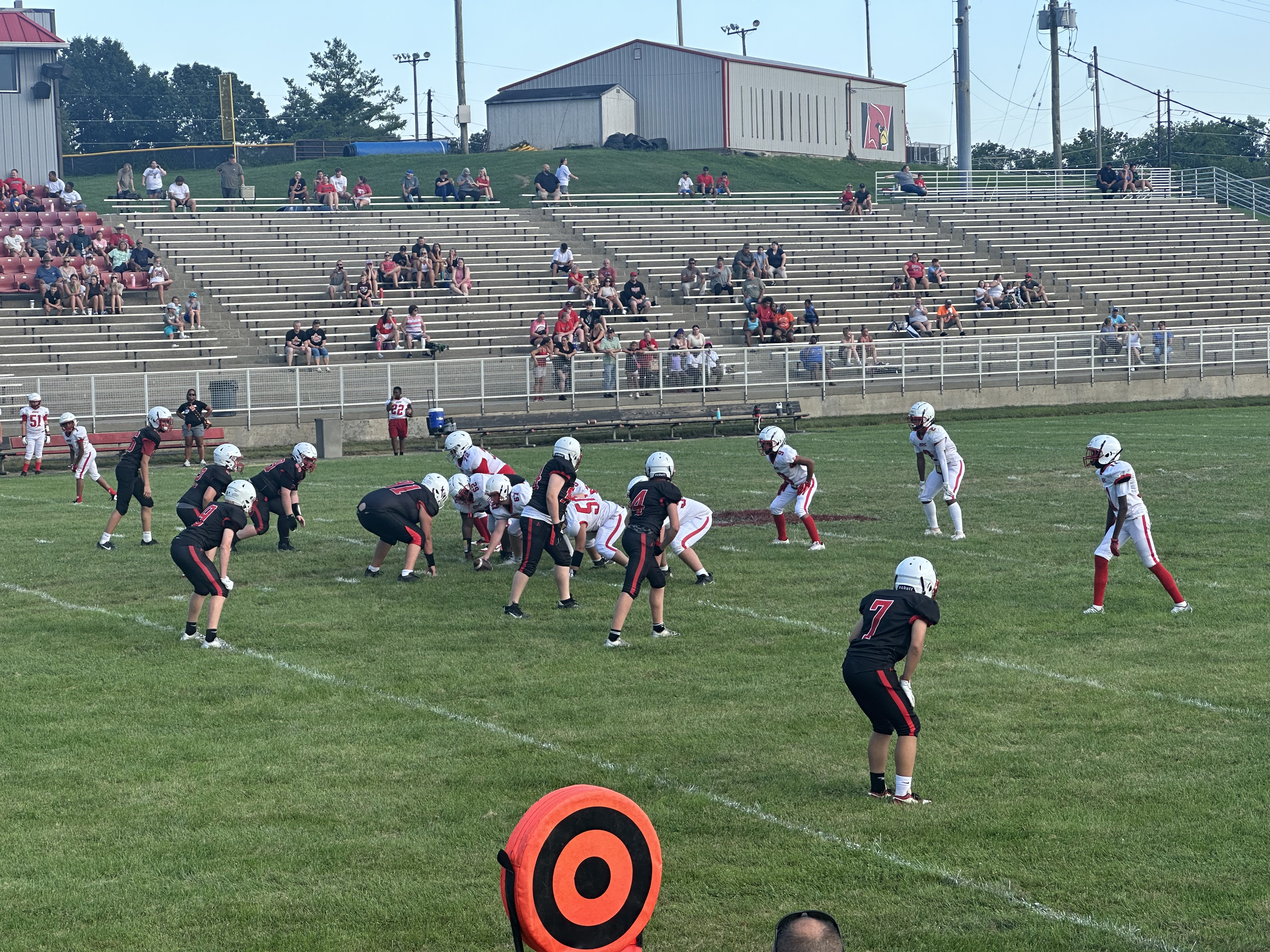JOHNS: Playing the glad game
Published 10:49 am Tuesday, July 14, 2020

- Lisa Johns
|
Getting your Trinity Audio player ready...
|
Against the ebony sky, I look out of my den window watching the sporadic flashing of the red light.
I see the glimmering lights of downtown Winchester at the courthouse.
I am unsure of the time, but have been awakened by the storm warning sirens. The wind causes the lights to send out multi-colored prisms, and while all the sounds are a little disconcerting, there is a certain peace that evokes a memory. A book.
Trending
I will be the first to admit that I love a bestseller. I enjoy those thrillers who keep me guessing until the end. I relish a cookbook that makes your mouth water from the list of ingredients. I love books about the beach. The salt water air. The sound of gulls and their wings flapping against the azure sky.
Lastly, I am a sucker for just a good story. Strong characters are a must. They have to have a voice; a personality that lives on and off the page. I have to have characters that I “see.” They have to sit in the overstuffed chair across from me. Sadly, when I shut the cover of the book for the very last time, the character grabs their jacket and leaves my home.
A few weeks ago, I decided to read books that I consider “lesson books.”
These lessons refer to books that were written in the early 1900s.
According to the Illinois College of Library and Information Science, the time period from the American Civil War to World War I was known as the “Golden Age of Children’s Books.”
The books reflected a simpler, slower life. Some of the children were orphans whose parents died tragic deaths and were sent to an older aunt or uncle who were single or widowed.
Trending
In 1913, an American author, Eleanor H. Porter, wrote a series of books based on a character, Pollyanna.
In 1960, Walt Disney brought the book to the screen with Haley Mills as the lead character.
Pollyanna Whittier was a young girl whose mother had died tragically, and she was raised by her father, a missionary.
When her father dies, Pollyanna is sent to live with her mother’s sister, an old maid at the age of 40.
The books by Porter were an overnight success and were known as “The Glad Books.”
From 1913-19, more than a million books were sold because of the message that was sent to the readers.
Pollyanna and her father were poor. The clothes she wore came from the missionary box. Often too big, or worse, for a young boy, her father teaches her the glad game.
Basically, the game was to be glad for all things in all circumstances.
Moving into Aunt Polly’s house was difficult. Pollyanna believes that she will have a room with rugs and a view of the outside, but is relegated to the sweltering hot attic. Yet, she finds joy in being able to climb out on the roof from her room.
She teaches Nancy, the maid, the game, and soon, everyone in the small Vermont town has been taught be glad despite their disadvantages.
Pollyanna even arranges for the meanest man in town to be glad.
When Mr. John Pendleton falls and breaks his leg, it is Pollyanna who convinces him to see the gladness in the prisms of his chandelier. She also arranges for Mr. Pendleton to adopt a young orphan, Jimmy Bean, to bring joy and companionship to his empty home.
The minister, the Rev. Paul Ford, has lost his flock because of his boring sermons of hellfire and brimstone. Only after Pollyanna tells him that there are more than 800 texts in the Bible that are “glad texts” does the minister find the key to engaging his congregation.
When a tragic accident leaves Pollyanna unable to walk, Aunt Polly realizes the impact that the glad game has had on the people in town. Her gift has been to teach them to be glad.
Times are scary. I am no Pollyanna or claim to be. But, I do think that you have to find good in each day.
“When you look for bad expecting it, you will get it,” Pollyanna says to the maid Nancy.
So on this dark night with a storm looming over the horizon, there is a faint light from the courthouse assuring me that even in the darkest night, there is always a glimmer of light. I am glad.
Lisa Johns is a former teacher and librarian as well as an activist for downtown revitalization.





